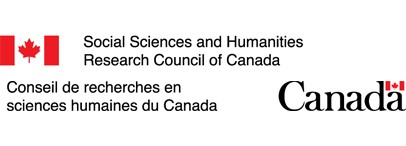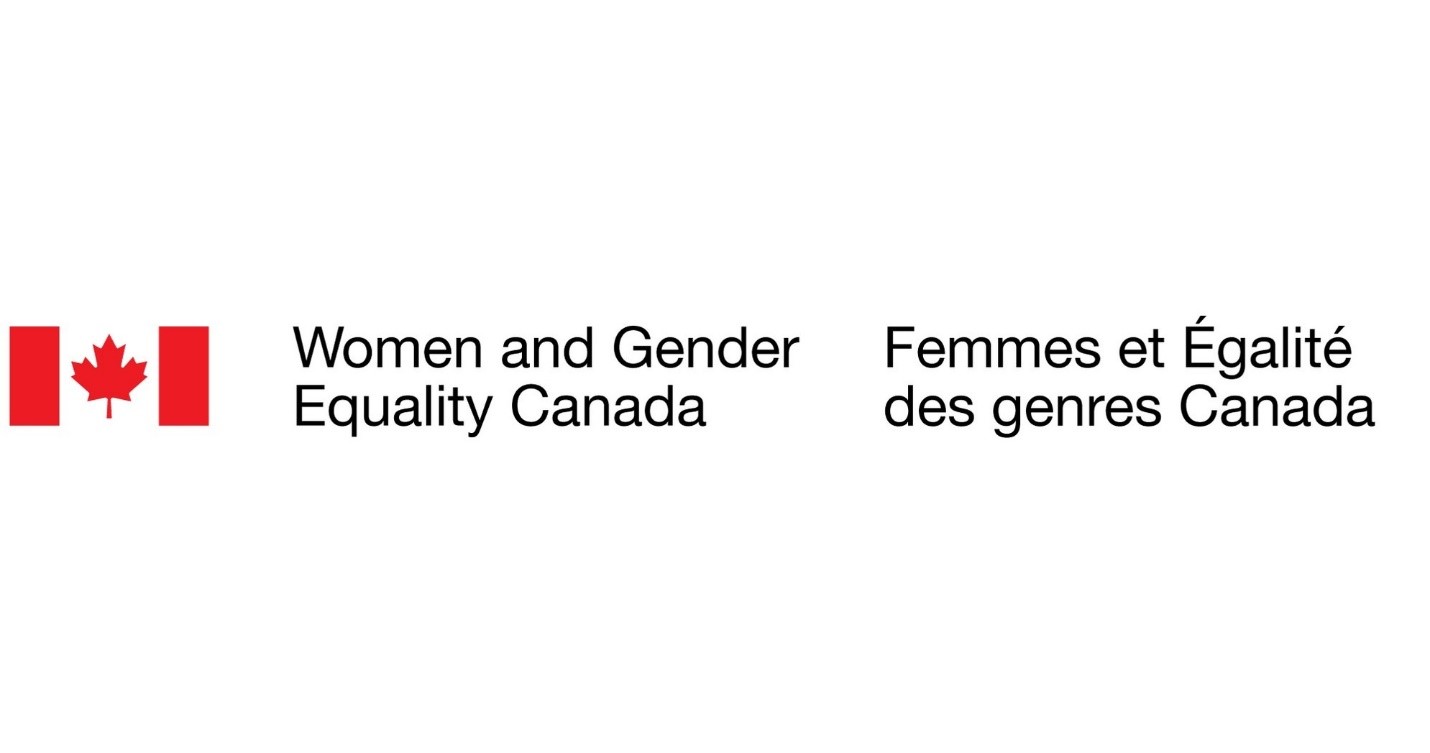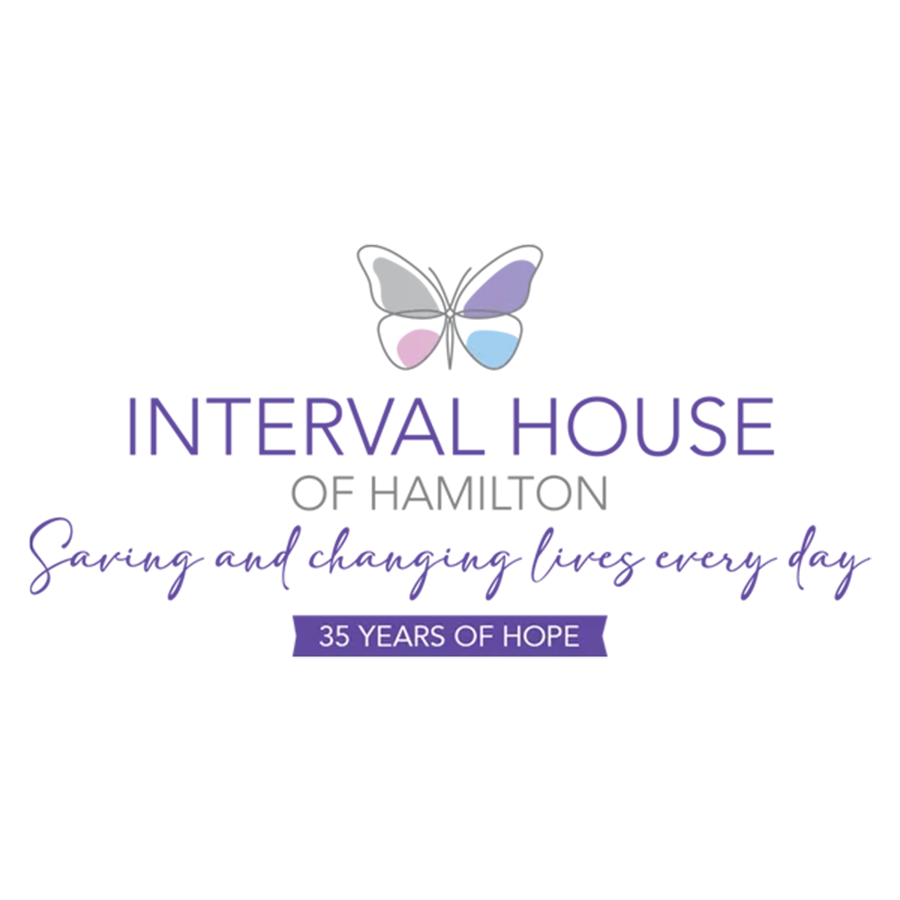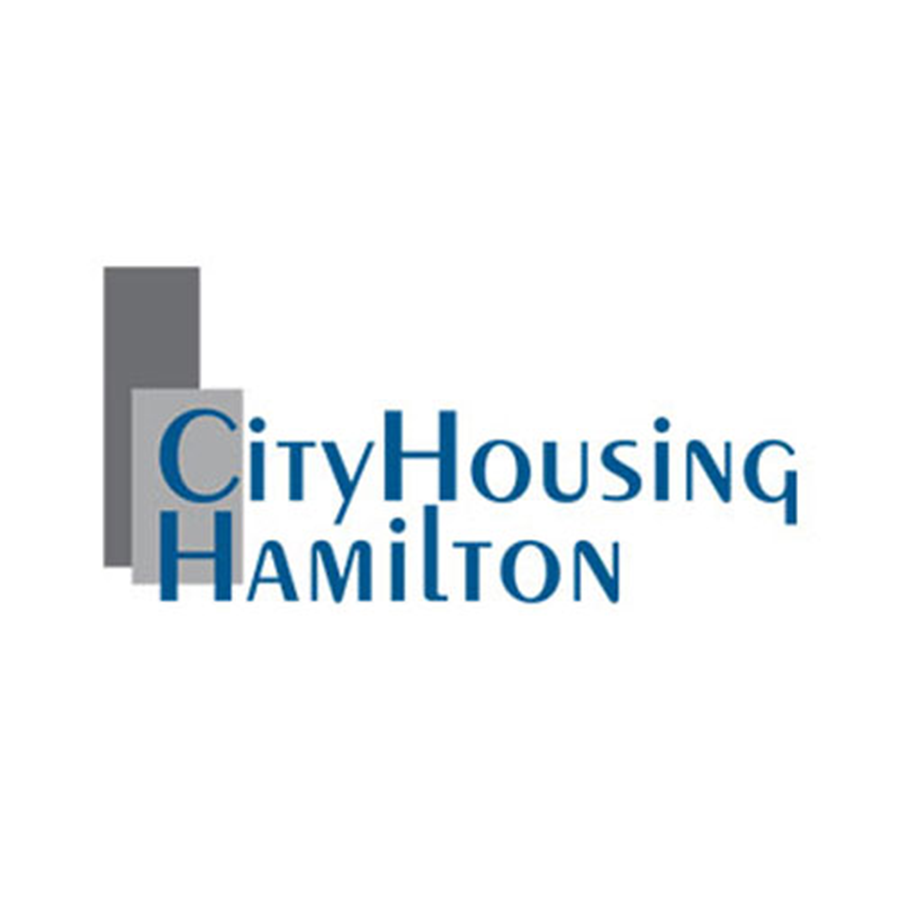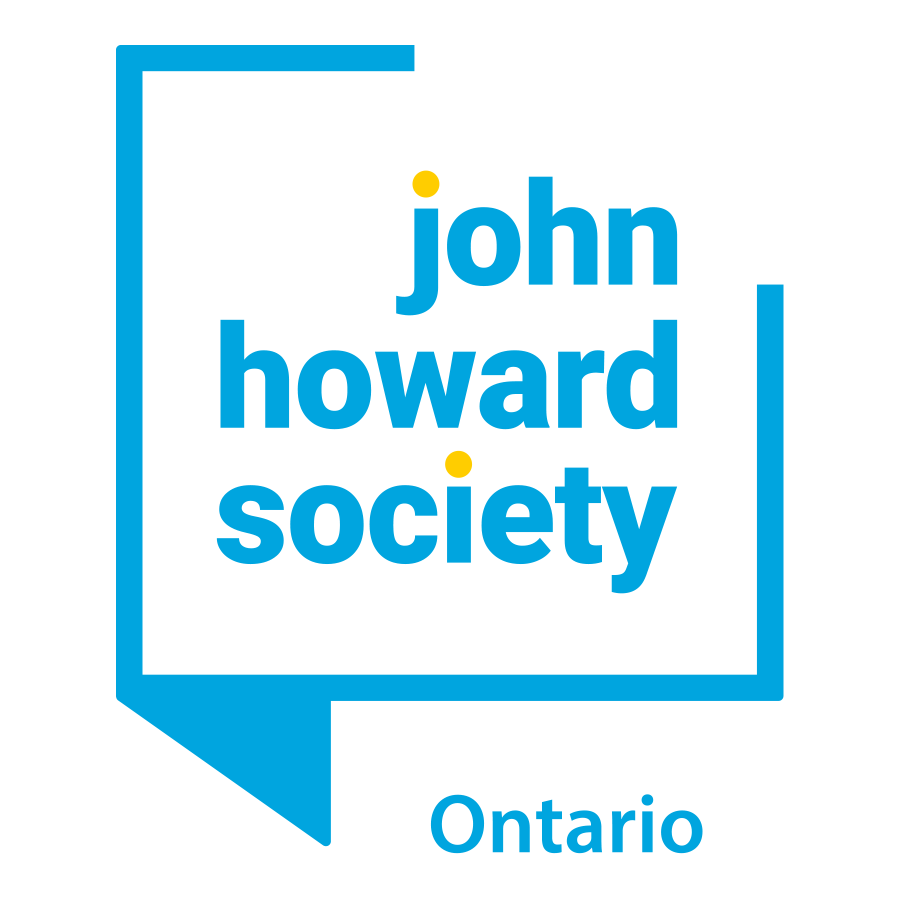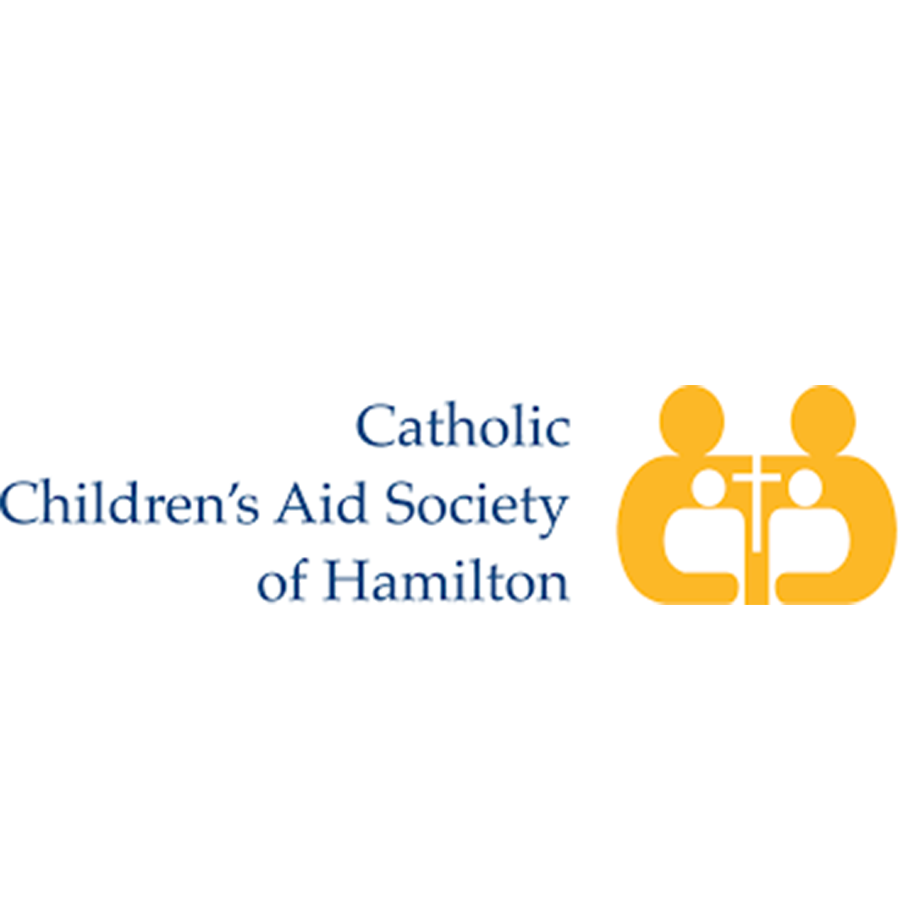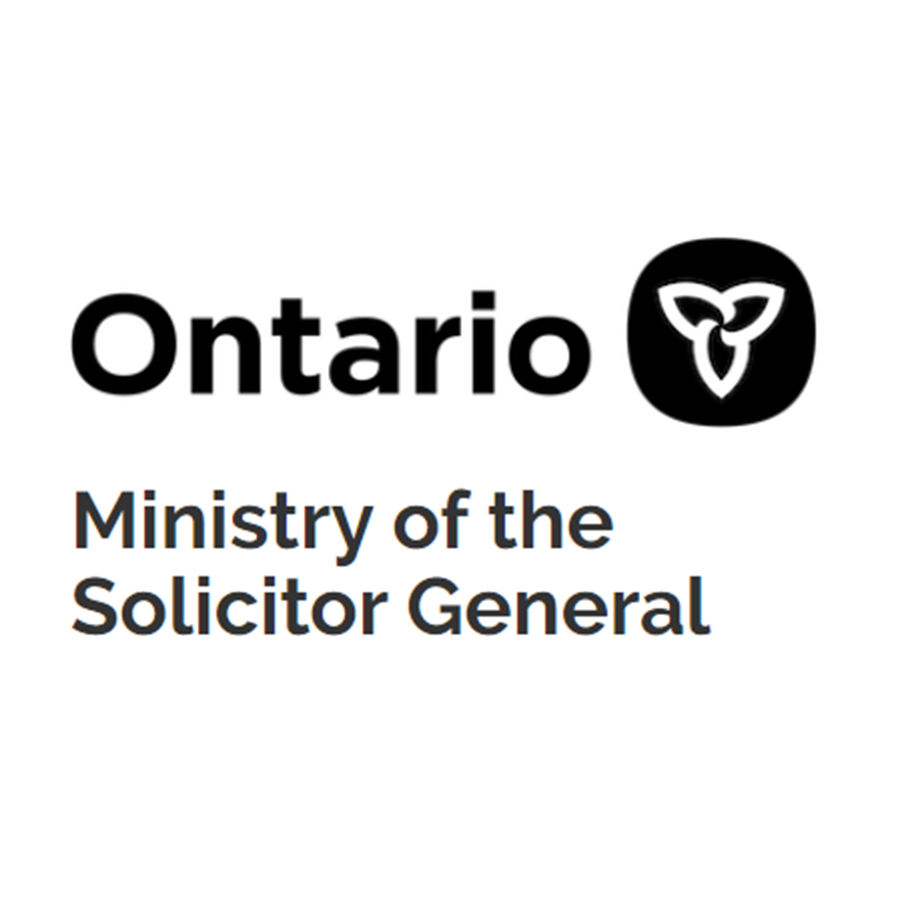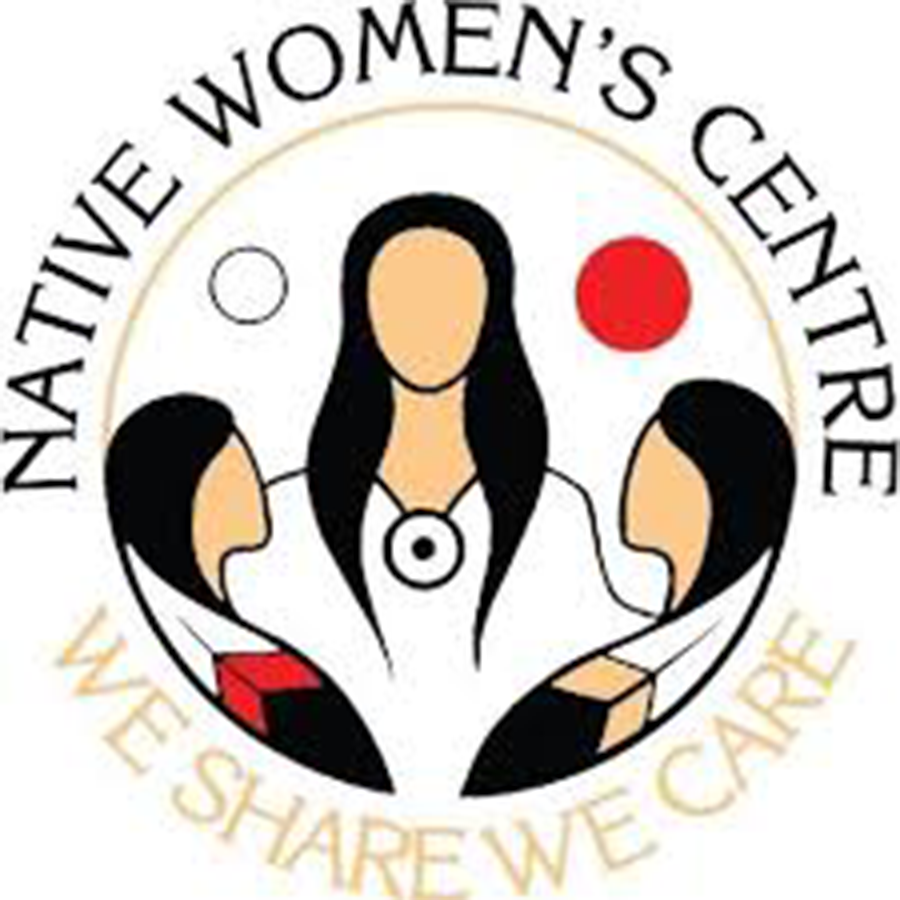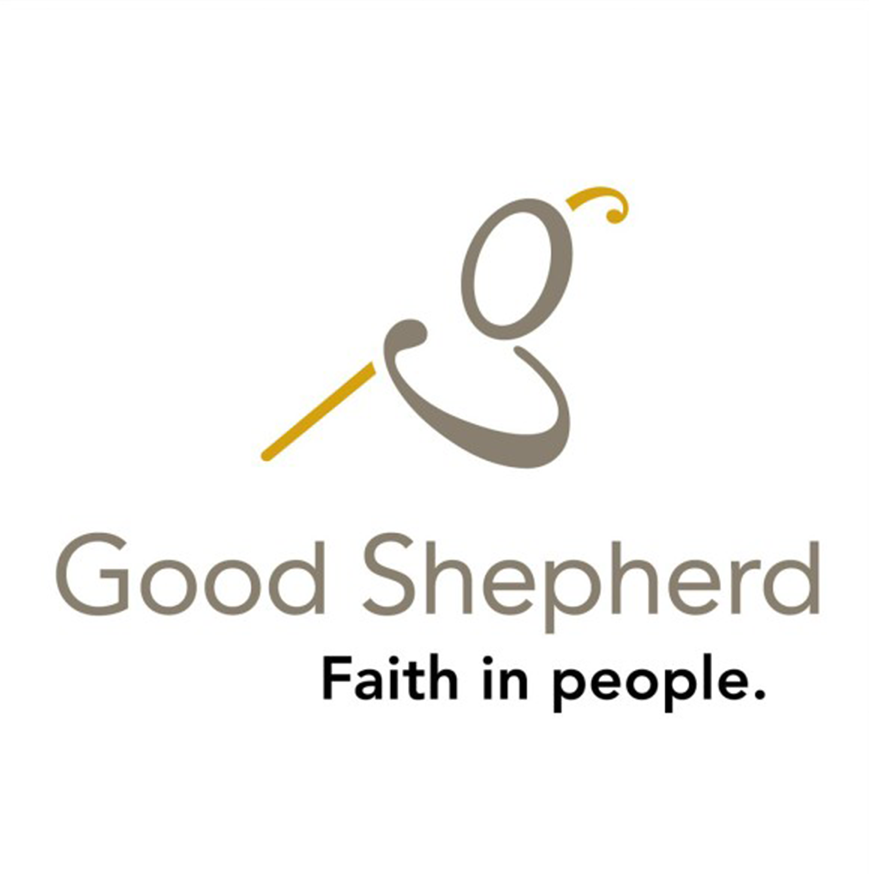About Us
SAFE AT HOME HAMILTON BACKGROUND
The Safe at Home Hamilton model is used in Australia, New Zealand, and the United Kingdom.
It has been shown to improve housing situations and reduce mental health issues experienced by women affected by intimate partner violence and domestic violence. It also provides stability for children.
In addition to housing support, this program also includes referrals to health services, legal services, social services and police services.
Safe at Home Hamilton is a homelessness prevention strategy and works in collaboration with the emergency shelters and transitional housing programs already serving the community.
Using a combination of supports provided in the community will allow women to stay safely in their homes or a home of their choosing.
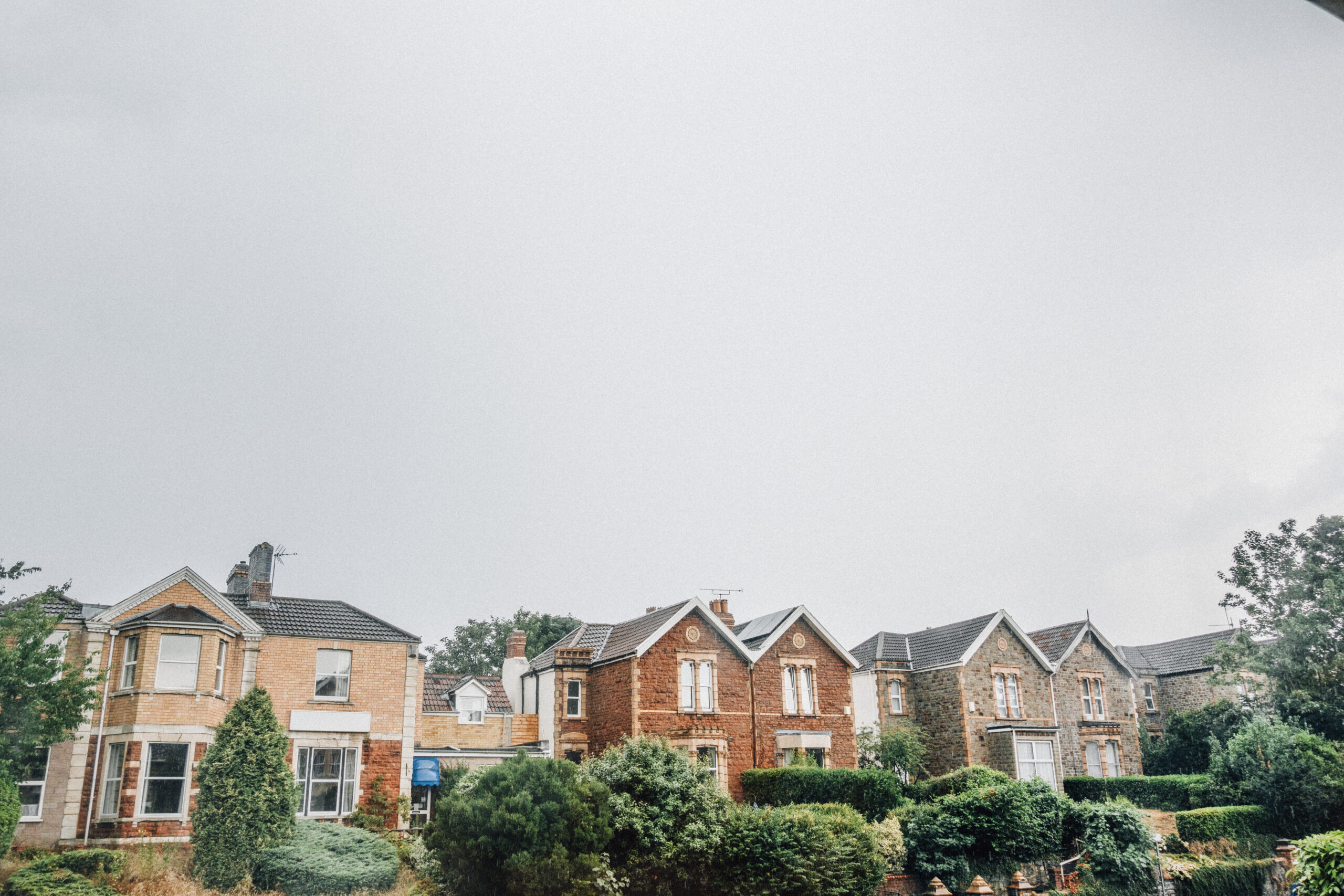
THE PILOT PROJECT
Run through Mission Services of Hamilton, this program is designed to create an evidence base for Safe at Home programs in Hamilton and Canada.
Ideally this pilot will pave the way for this service to continue and be scaled up across the province, starting with cities similar to Hamilton.
PROJECT LEAD
Development of this program is led by a Steering Committee made up of representatives from Hamilton agencies that provide services directly or indirectly related to Intimate Partner Violence.
MULTI-SECTOR COLLABORATION
The Safe At Home Hamilton program staff work with agencies serving intimate partner violence survivors, such as housing, legal, violence against women agencies, to provide wrap-around services to ensure safety and housing stability for individuals and families. Case management is also guided by a multi-sectoral coordination table.
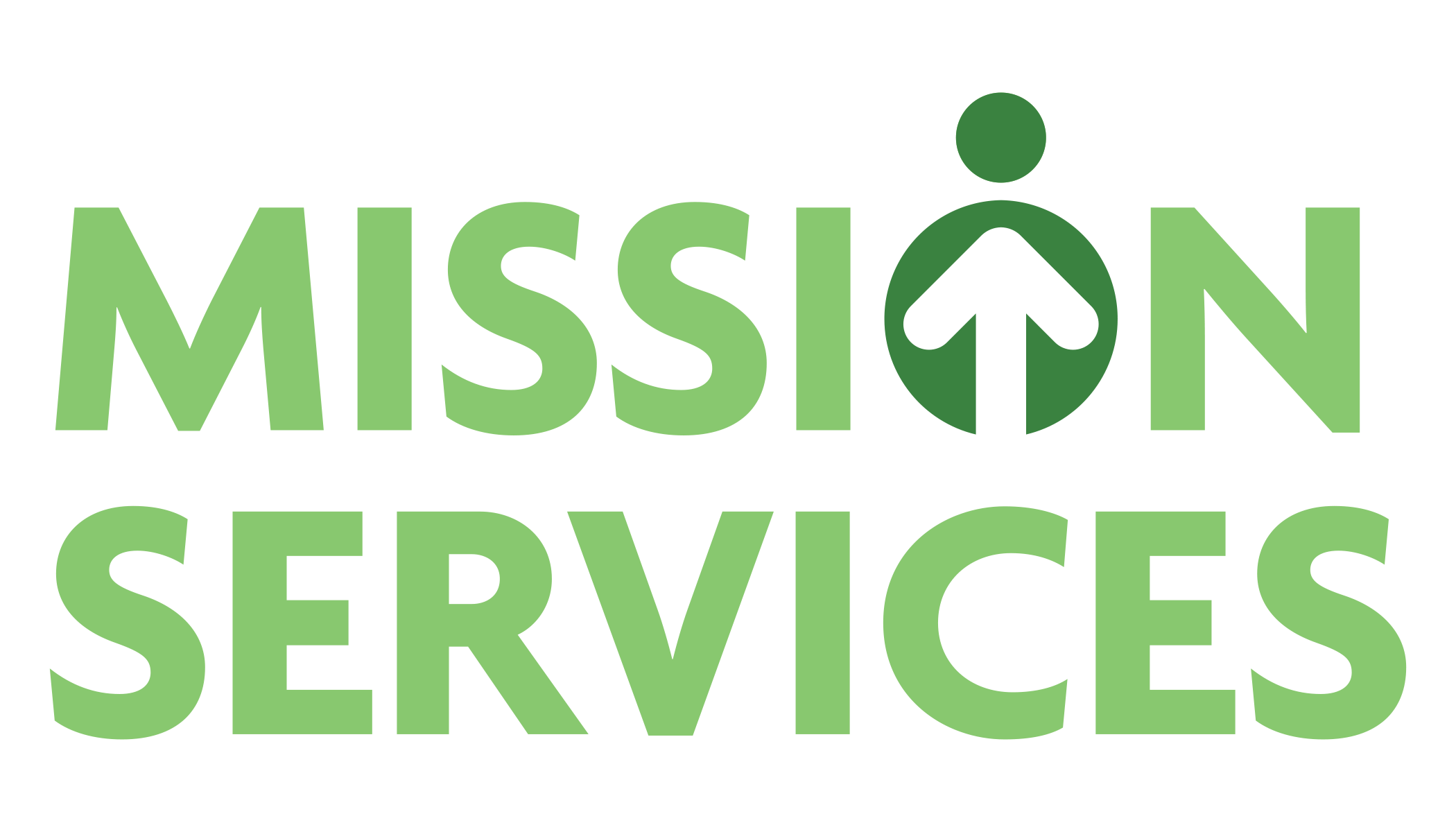
MISSION SERVICES’ INVOLVEMENT
At Mission Services of Hamilton, we believe that every individual deserves a safe place to call home. Through Safe at Home Hamilton, we are working to prevent homelessness, support individuals and families in securing stable housing, and foster a resilient community where everyone has the opportunity to thrive.
As a non-profit social service agency, we are committed to ending poverty by providing essential resources—safe housing, nutritious food, addiction treatment, and pathways to a brighter future. Our mission is deeply rooted in values of respect, equity, compassion, and dignity, ensuring that all members of our community receive the support they need, regardless of background or circumstance.
Safe at Home Hamilton reflects our core belief: that a healthy and compassionate city begins with stable housing. By offering professional, wraparound support services, we are helping individuals and families avoid eviction, secure long-term housing, and build sustainable futures.
Together, we can make Hamilton a city where everyone has the opportunity to learn, heal, and grow.

MAP’S INVOLVEMENT
MAP Centre for Urban Health Solutions collaborated with the Safe at Home Steering Committee to explore bringing a Safe at Home program to Hamilton.
MAP Centre for Urban Health Solutions has co-tailored the program’s pillars to urban Canadian settings, created a blueprint for the program’s cross-sector collaborations and commitments, and is using evaluation to guide successful implementation; paving the way to successful scale-up across Canada.
Work has been ongoing since 2020 to ensure that this program fills a gap in the community, does not duplicate existing services, and brings together cross-sector agencies to provide coordinated wrap-around service provision.
The Partner Violence Implementation Science (PVIS) team based at MAP Centre for Urban Health Solutions, St. Michael’s Hospital, Unity Health Toronto, brings experience and knowledge in research and evaluation and will lead the evaluation of the Safe at Home pilot. The PVIS team will work closely with program partners and steering committee members to collect data to conduct an evaluation on the implementation and cost effectiveness of this program.


Funds to support the pilot program and evaluation were generously provided by Women and Gender Equity, the Social Sciences and Humanities Research Council, St. Michael’s Foundation and the Public Health Agency of Canada.

